Biomedical engineering is the field that combines engineering, technology, and medicine to develop innovative solutions in healthcare,
is the field that integrates medical sciences with engineering and is considered one of the most important and impactful disciplines of the 21st century. If you are considering entering this field or are already at the beginning of your professional journey, you need to understand its fundamentals, which will help you build a bright future. In this article, we will explore these essentials in a non-traditional way, focusing on how to turn your passion for biomedical engineering into an outstanding career.
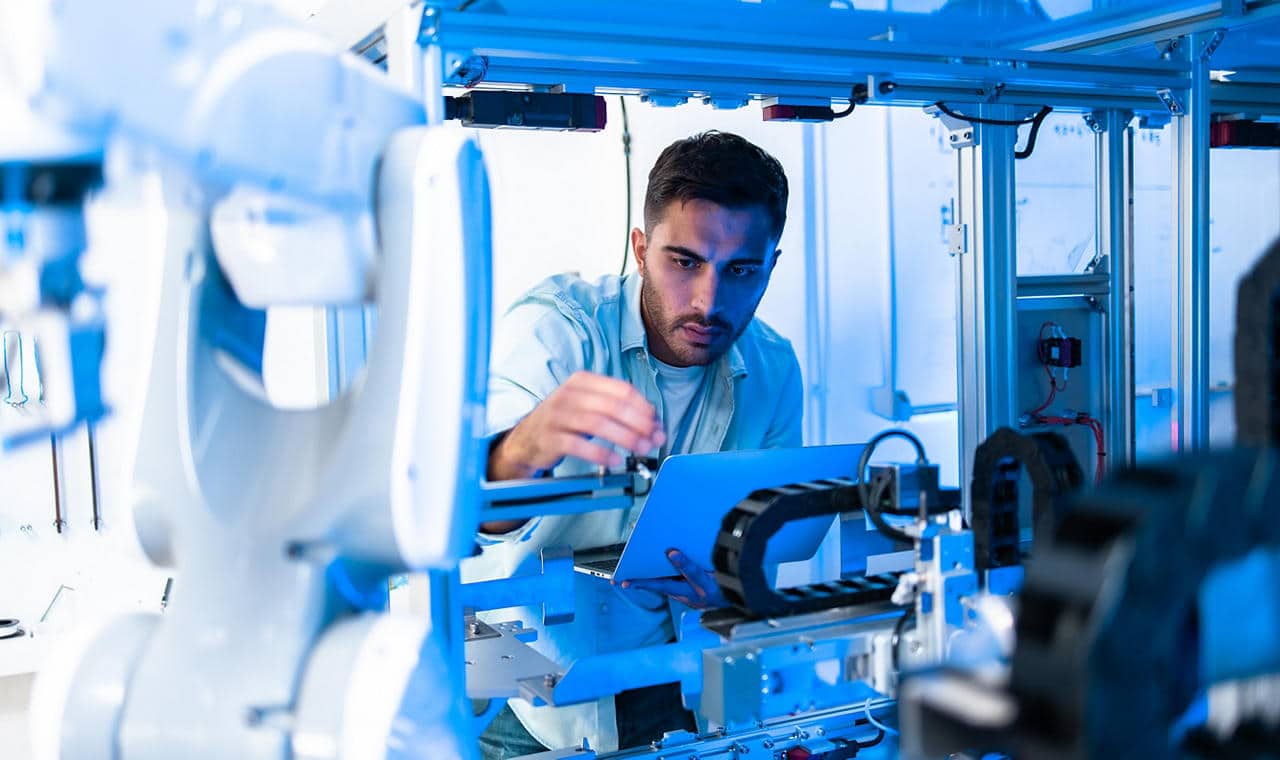
Biomedical engineering is the field that combines engineering, technology, and medicine to develop innovative solutions aimed at improving healthcare. These solutions can include designing medical devices such as pacemakers, developing software for medical image analysis, and even creating smart prosthetics. It is a profession that merges scientific creativity with the desire to serve humanity.
Key Fundamentals of Biomedical Engineering
As with any field, biomedical engineering has some fundamental principles that you, as a biomedical engineer, must master early on to ensure a successful and fruitful professional life. Continue reading to learn about the most important of these fundamentals:
1. Basic Sciences: The Foundation of Biomedical Engineering
Before you start designing medical devices or developing software for the healthcare sector, you need a solid understanding of the basic sciences. Physics, chemistry, and biology are not just academic subjects; they are the essential keys that unlock innovation in biomedical engineering.
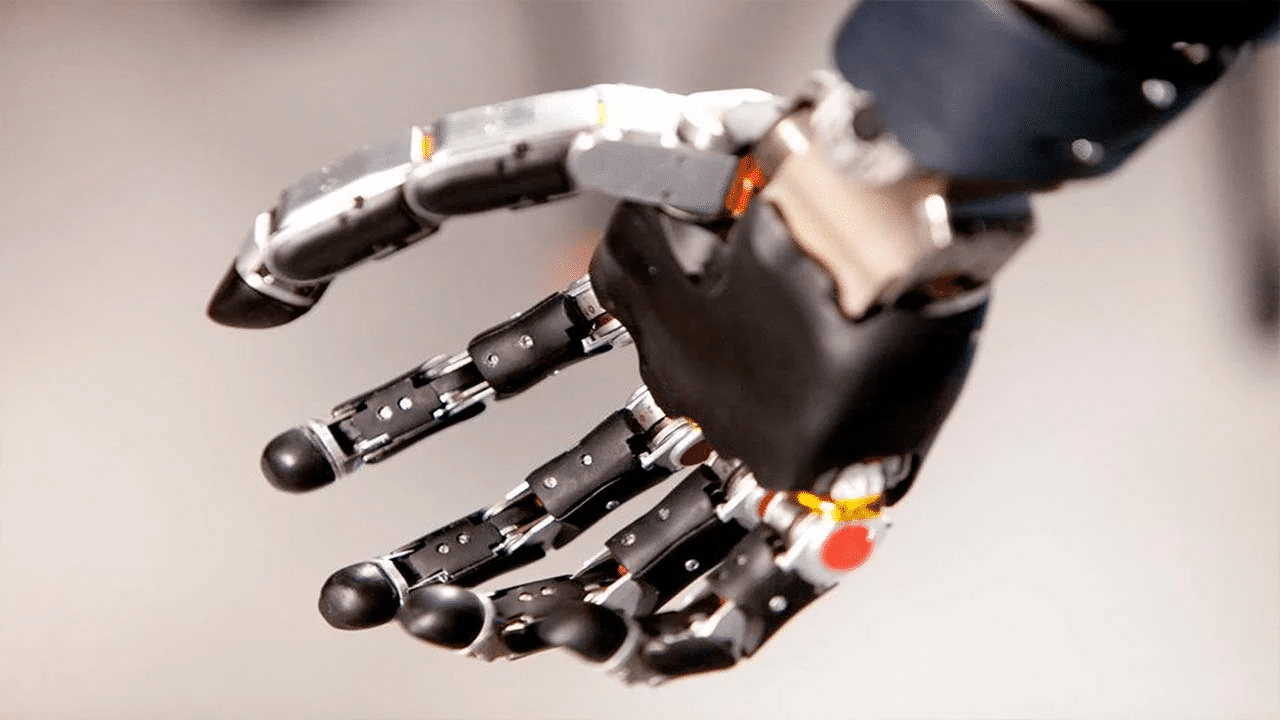
Physics helps you understand how medical devices like MRI machines and X-rays work. Without a grasp of physics principles, you cannot develop precise and effective devices.
Chemistry plays a significant role in developing biomaterials used in medical applications, such as prosthetics or heart valves, making it essential for designing advanced medical solutions.
Biology provides a deep understanding of the human body and how it interacts with medical devices, which is crucial for designing devices that are compatible with human biology. Without these sciences, you would merely be a technician assembling lifeless parts, unable to innovate or solve complex problems in biomedical engineering.
2. Technology and Programming: The Languages of the Future in Biomedical Engineering
In a world increasingly reliant on artificial intelligence and data analysis, programming has become an indispensable skill for any biomedical engineer. Whether you are developing smart medical devices or analyzing health data, programming languages like Python and MATLAB will be your essential tools.
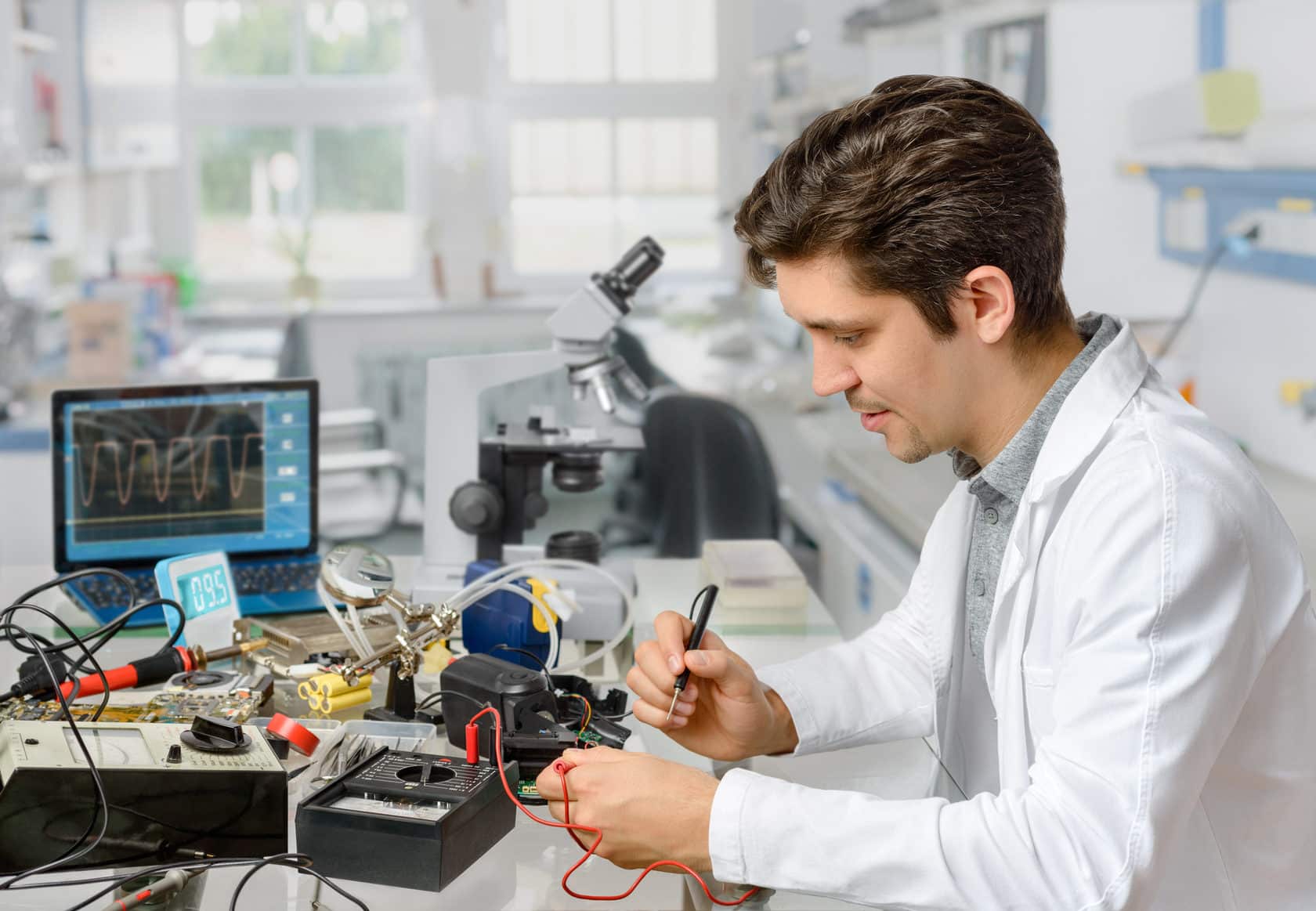
Medical Data Analysis: Programming allows you to process the vast amounts of data collected from medical devices, enabling faster and more accurate disease diagnosis.
Medical Software Development: This opens wide horizons, from smartphone apps that monitor heart rate to programs that efficiently manage hospital operations. Programming is the key to achieving these advancements.
Artificial Intelligence: AI has become an integral part of medical diagnosis, with advanced algorithms used to analyze medical images for detecting diseases like tumors, enhancing the accuracy and effectiveness of healthcare.
3. Design and Innovation: From Idea to Product
Biomedical engineering is not just about understanding science and technology; it is also the art of transforming ideas into real, useful products. The process begins with a simple idea and ends with a medical device capable of saving lives or making daily life easier. Computer-aided design (CAD) plays a pivotal role in this process, allowing you to create 3D models of medical devices before manufacturing them, saving time and money while reducing errors.
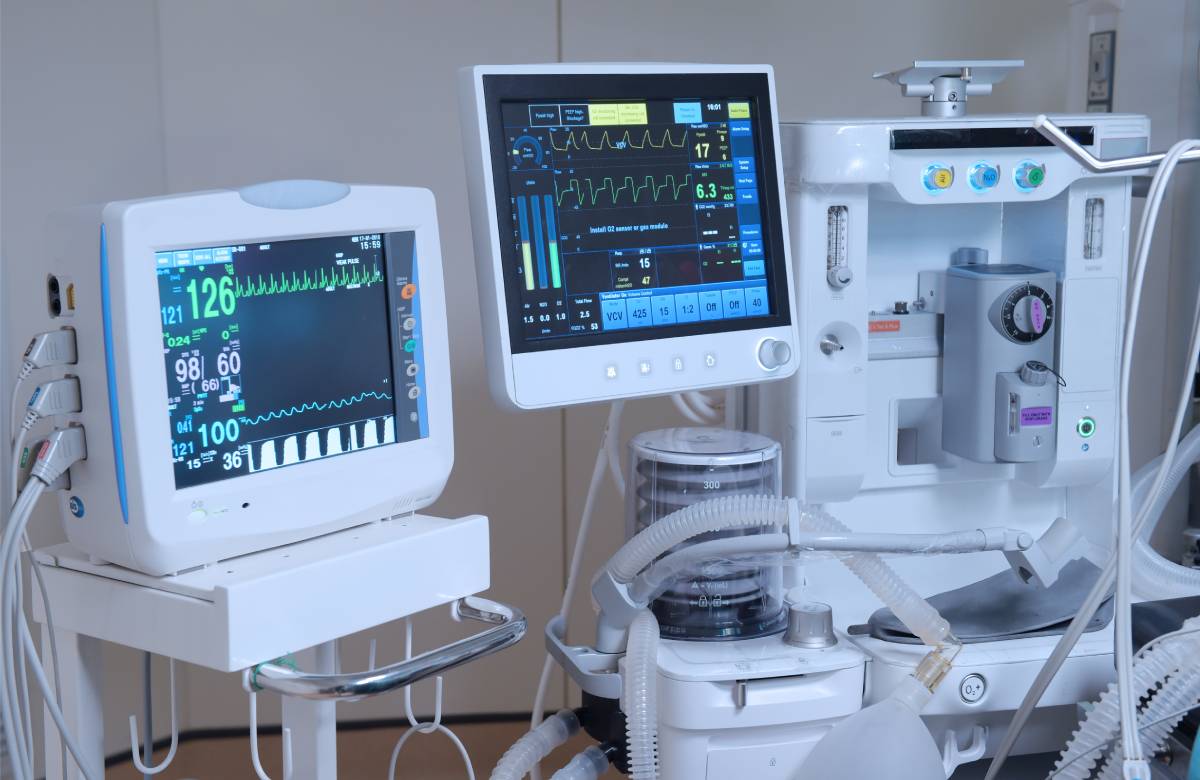
Innovation is at the heart of this field. Do not be afraid to think outside the box, as many modern medical devices we rely on today started as seemingly crazy ideas. Remember that prototyping is a critical phase, where any product must be rigorously tested to ensure its effectiveness and safety before reaching end-users.
4. Medical Ethics: The Social Responsibility of a Biomedical Engineer
When working in a field directly related to human life, ethics become an integral part of your work. You must be aware of the laws and regulations governing the medical device industry and uphold social responsibility. Data protection is at the forefront of these obligations, especially with the increasing use of internet-connected medical devices, making patient information security a top priority.
You must also be familiar with the strict ethical guidelines governing clinical trials on humans, emphasizing transparency at every step to ensure participant safety and result integrity. Legal responsibility cannot be overlooked, as any error in the design or manufacturing of medical devices can lead to severe legal consequences, underscoring the importance of precision and adherence to the highest quality standards.
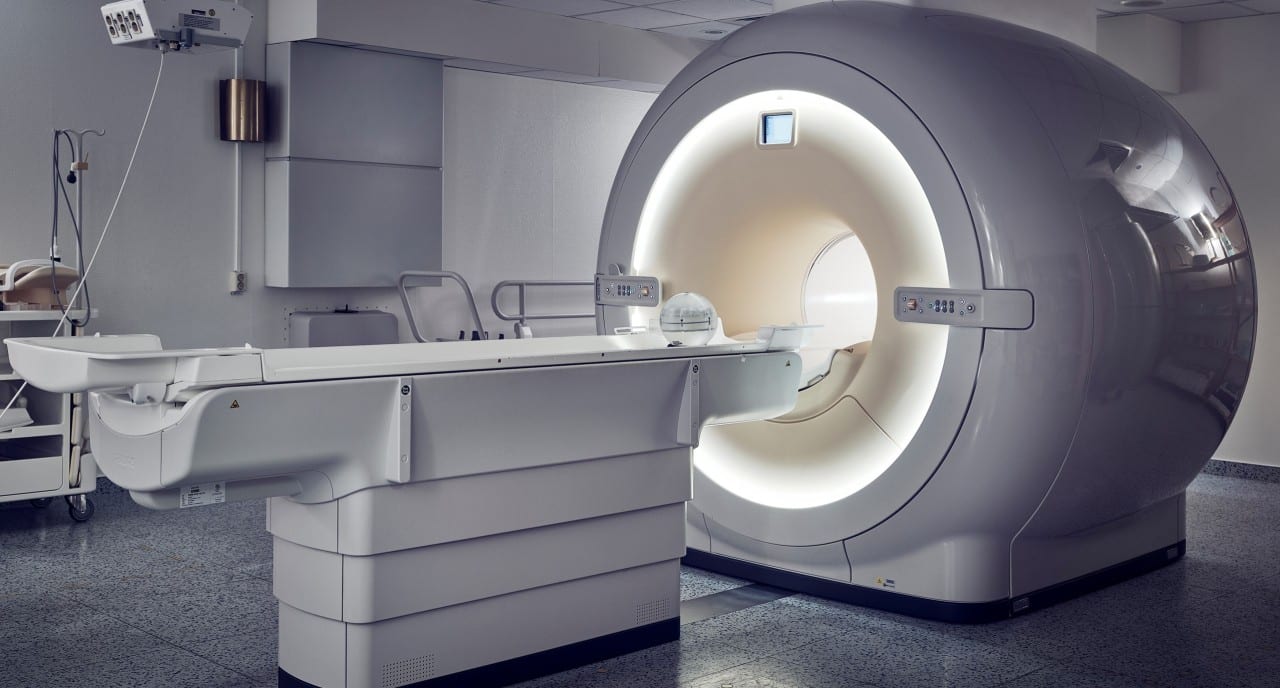
5. Continuous Learning: Staying Ahead of Developments
Biomedical engineering is a rapidly evolving field, and what you learn today may become obsolete tomorrow. This makes continuous learning and staying updated with the latest advancements essential for success in this field. You can achieve this by engaging in online training courses, which allow you to acquire new skills and update your knowledge continuously. Participating in medical conferences and workshops also provides opportunities to learn about the latest research and technologies and exchange experiences with experts. Additionally, staying informed through reading and researching scientific journals and recent studies helps you keep up with rapid developments and leverage them in your work.
6. Teamwork: No Room for Individualism in Biomedical Engineering
Biomedical engineering is not a field where you can work alone. You will always be part of a multidisciplinary team that includes doctors, nurses, and scientists, making teamwork and effective communication essential skills for success. You must be able to explain complex ideas in a simple and clear manner to your team to ensure everyone understands the goals and tasks. Even if you are not in a leadership position, possessing leadership skills such as motivating the team and managing projects is crucial for ensuring smooth workflow. Additionally, working with multidisciplinary teams requires high flexibility and the ability to adapt to different perspectives, fostering collaboration and leading to more creative and effective outcomes.
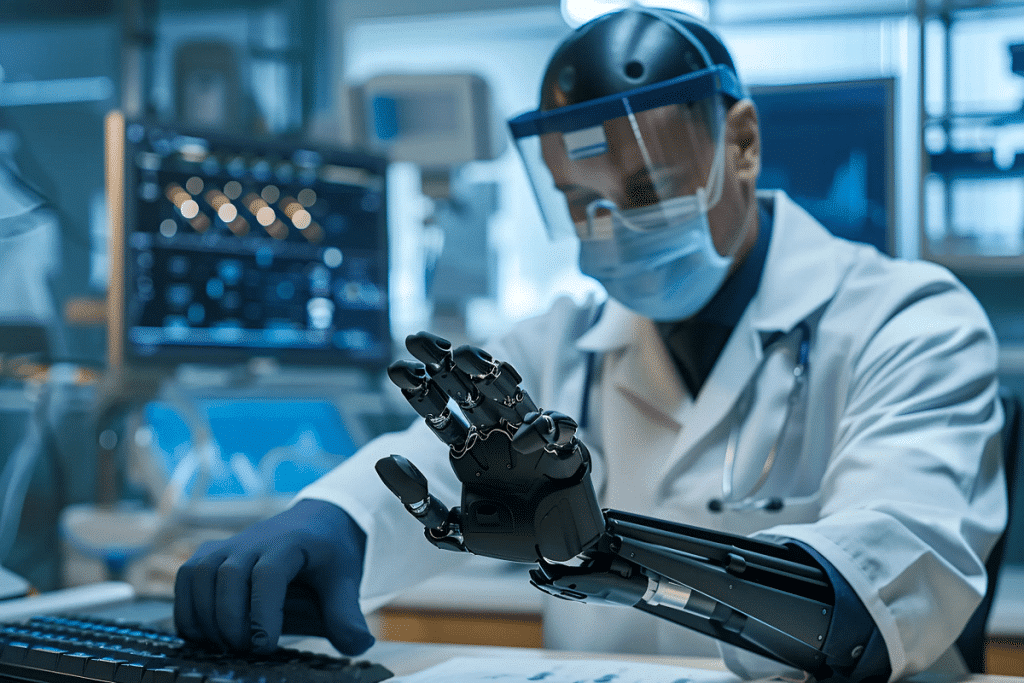
7. Marketing and Business Management: Turning Innovation into Commercial Success
The goal of any medical device is to reach the market and benefit patients, which requires you to have a basic understanding of medical product marketing and business management. Medical marketing plays a pivotal role in understanding how to market medical devices and navigate the regulations governing this field. Additionally, project management is a vital skill that enables you to manage time and resources effectively to ensure project success and achieve desired goals. If you have an entrepreneurial spirit, you can turn your innovations into successful startups, amplifying your impact in biomedical engineering and contributing to improved healthcare on a broader scale.
Biomedical engineering is a multifaceted field requiring diverse skills, from basic sciences to programming, and from design to ethics. All these elements form a solid foundation for a successful career in this field. If you can combine these skills and stay updated with the latest developments, you will be on the right path to success in the world of biomedical engineering.
Biomedical engineering is not just a job; it is a mission to improve human life. So, prepare for the journey and be part of this significant change. You can contact us through the HSI website to learn about our services and training courses that will make your journey in biomedical engineering full of achievements.